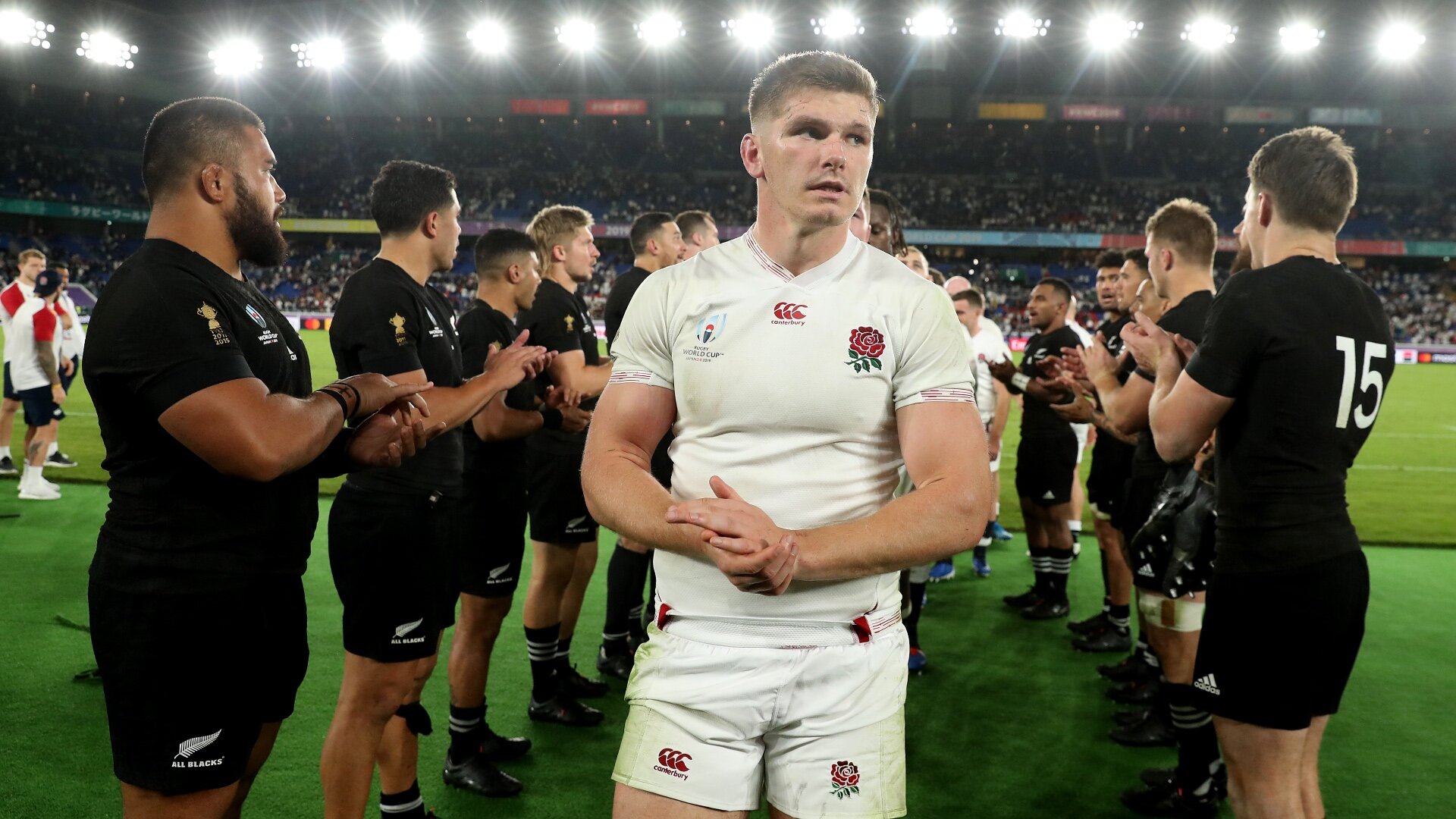England's World Cup semi-final record gives them hope against South Africa

England will be appearing in the Rugby World Cup semi-finals for the sixth time when they lock horns with current champions South Africa at the Stade de France on Saturday.
Here the PA news agency looks back at their previous five last-four encounters.
1991, Edinburgh: Scotland 6 England 9
Rob Andrew’s drop-goal clinched the win for England but Scotland captain Gavin Hastings earlier missed a simple penalty in front of the posts with the score tied at 6-6. It was a gruelling encounter short on thrills and Scotland have never been as close since.
1995, Cape Town: England 29 New Zealand 45
A harrowing afternoon for English rugby saw giant wing Jonah Lomu run riot at Newlands, scoring four tries including one in which he marauded through Tony Underwood, Will Carling, Mike Catt and Rob Andrew.
2003, Sydney: England 24 France 7
It was far from a classic because of the conditions but England eventually prevailed through the boot of Jonny Wilkinson, who landed three drop-goals and five penalties. Frederic Michalak managed just one of his five shots at goal for France.
2007, Paris: England 14 France 9
Josh Lewsey scored an early try for England but hosts France fought back through three Lionel Beauxis penalties to edge 9-8 ahead. But Wilkinson came to the rescue once again by landing a penalty and drop-goal in the last five minutes.
2019, Yokohama: England 19 New Zealand 7
England delivered possibly their greatest World Cup performance of all, routing the All Blacks with the scoreline failing to reflect their dominance. Manu Tuilagi crossed in the second minute, setting the tone, and George Ford kicked four penalties.



























